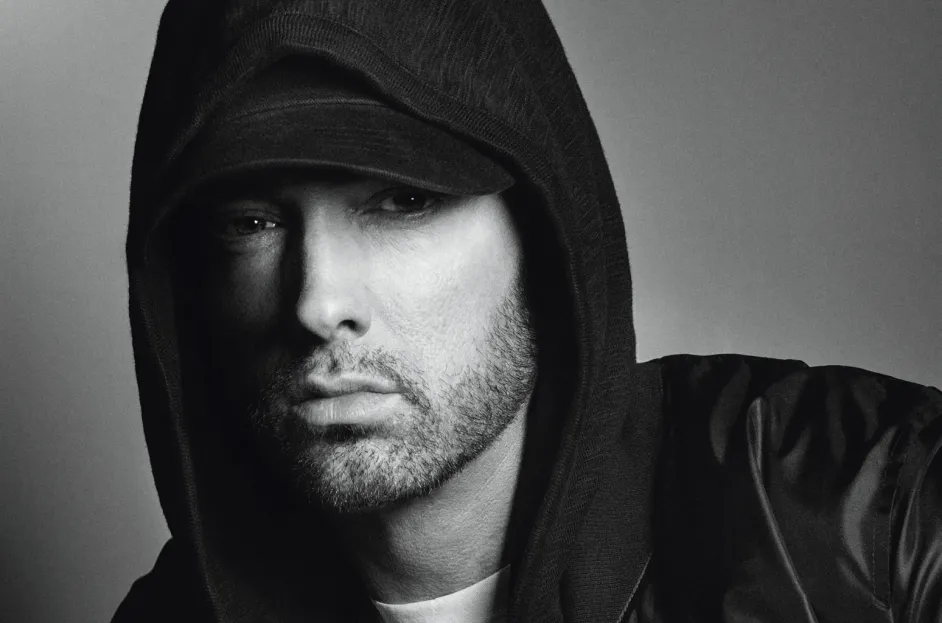
DJ Kool Herc: The Father of Hip-Hop and the Birth of a Global Movement
In the world of hip-hop, few names hold as much weight as DJ Kool Herc. Widely regarded as the father of the genre, Herc’s influence can be traced back to the early 1970s, when he unknowingly set the foundation for what would become a cultural revolution. His innovative use of breakbeats at block parties in the Bronx didn’t just change music—it birthed an entire movement that continues to shape the world today.
On August 11, 1973, in a small recreation room at 1520 Sedgwick Avenue, DJ Kool Herc—born Clive Campbell in Kingston, Jamaica—threw a back-to-school party that would unknowingly go down in history. With two turntables and a deep love for music, Herc introduced a technique that would redefine DJing: the breakbeat. Inspired by Jamaican sound system culture, Herc noticed that partygoers would go wild during the instrumental breakdowns—or “breaks”—of funk and soul records. Instead of letting the break end, Herc used two copies of the same record and extended the instrumental sections, looping them seamlessly between turntables. This technique, later called the “Merry-Go-Round,” allowed dancers—later known as breakdancers or B-boys/B-girls—to showcase their moves during the extended beats.
Herc’s innovation wasn’t just about the beats. He also introduced MCing, where a host would hype up the crowd, interact with partygoers, and add rhythm to the music. Though Herc himself wasn’t a rapper, his parties laid the groundwork for the lyrical element of hip-hop that would later be popularized by artists like Grandmaster Flash, Afrika Bambaataa, and The Sugarhill Gang. His influence extended beyond just music—his parties became a safe haven for young people in the Bronx, providing an escape from gang violence, economic hardship, and political neglect. This communal aspect of hip-hop—bringing people together, telling stories, and celebrating culture—was born from Herc’s early gatherings.
Though DJ Kool Herc never recorded a major album or became a commercial artist, his impact on hip-hop is immeasurable. Every DJ who scratches a record, every rapper who flows over a beat, and every B-boy who hits the dance floor owes something to Herc’s pioneering vision. Today, hip-hop is a multi-billion-dollar industry, influencing everything from fashion and film to politics and social activism. But at its core, it remains rooted in the street parties of the Bronx, where DJ Kool Herc spun records and changed the world.
As hip-hop continues to evolve, it’s essential to recognize and honor the OGs—the pioneers like Kool Herc who laid the foundation. His contributions remind us that hip-hop isn’t just a genre—it’s a culture, a movement, and a force for change. Even as rap and hip-hop evolve, we owe it to the new generation to educate them about the foundation of the culture. Without DJ Kool Herc, there would be no hip-hop as we know it—and his legacy will continue to influence the genre for generations to come.





![[ID: r5ujo7icpH8] Youtube Automatic](https://exposedvocals.com/wp-content/uploads/2025/04/id-r5ujo7icph8-youtube-automatic-236x133.jpg)
![[ID: u_HUakt7LLE] Youtube Automatic](https://exposedvocals.com/wp-content/uploads/2025/04/id-uhuakt7lle-youtube-automatic-236x133.jpg)
![[ID: YqUrHLc0DqM] Youtube Automatic](https://exposedvocals.com/wp-content/uploads/2025/04/id-yqurhlc0dqm-youtube-automatic-236x133.jpg)
![[ID: qktbp_XNCXk] Youtube Automatic](https://exposedvocals.com/wp-content/uploads/2025/04/id-qktbpxncxk-youtube-automatic-236x133.jpg)
![[ID: -HjTLZ8izfo] Youtube Automatic](https://exposedvocals.com/wp-content/uploads/2025/04/id-hjtlz8izfo-youtube-automatic-236x133.jpg)
![[ID: hlSbyHgFI_8] Youtube Automatic](https://exposedvocals.com/wp-content/uploads/2025/04/id-hlsbyhgfi8-youtube-automatic-236x133.jpg)